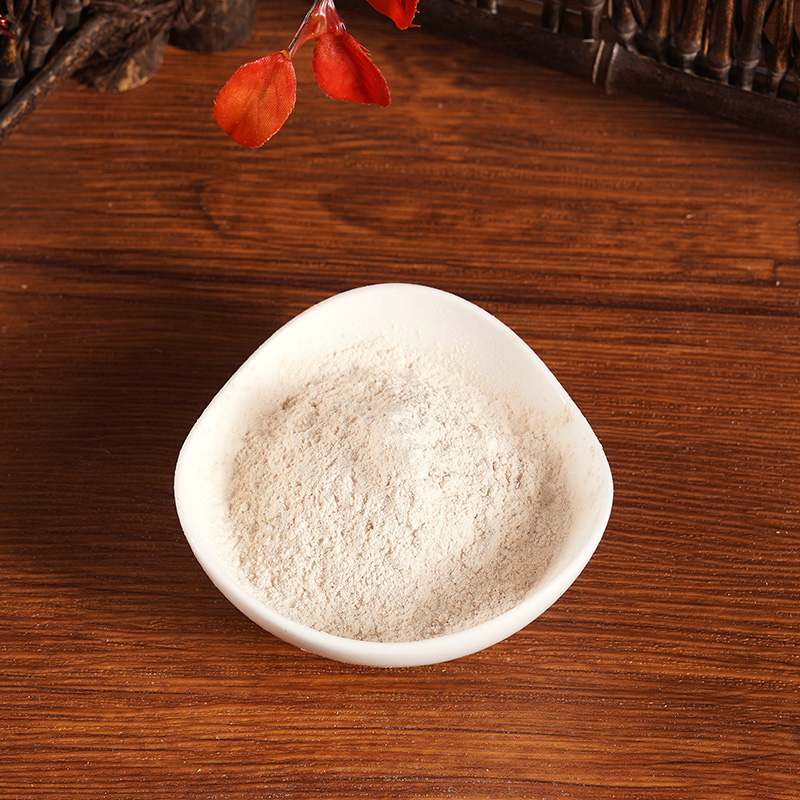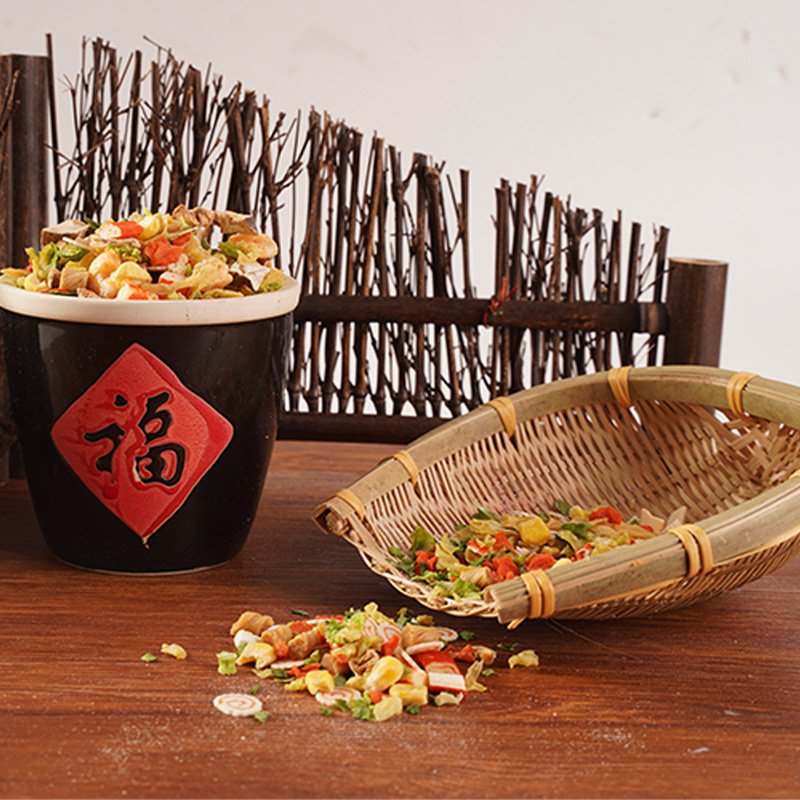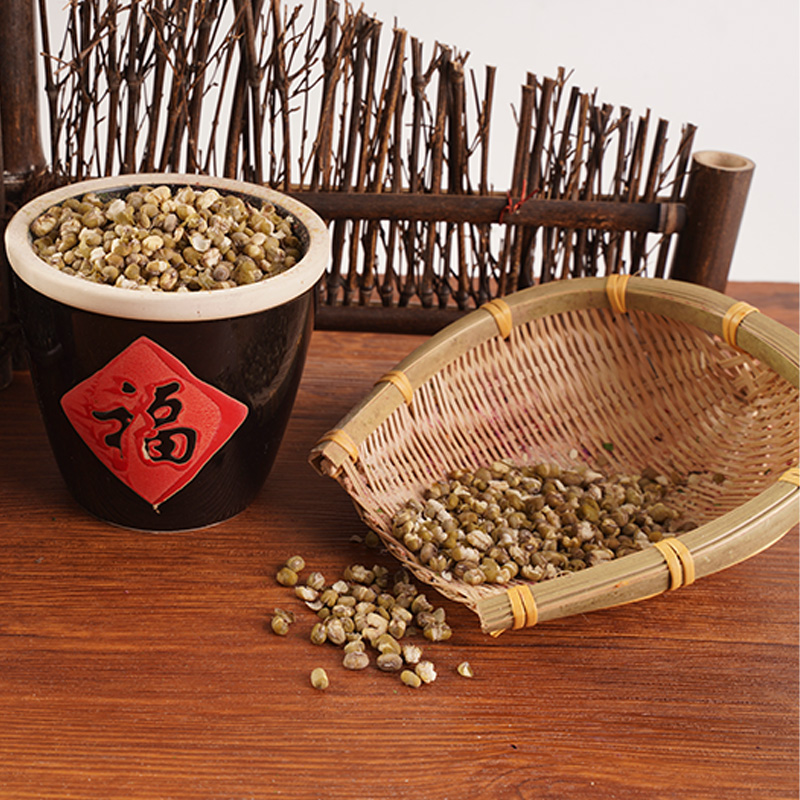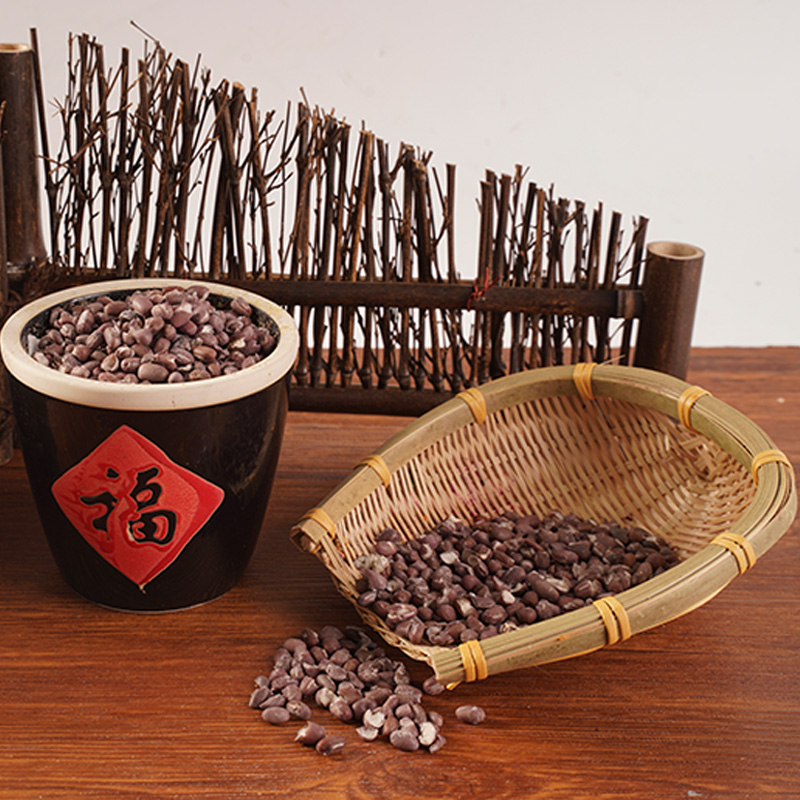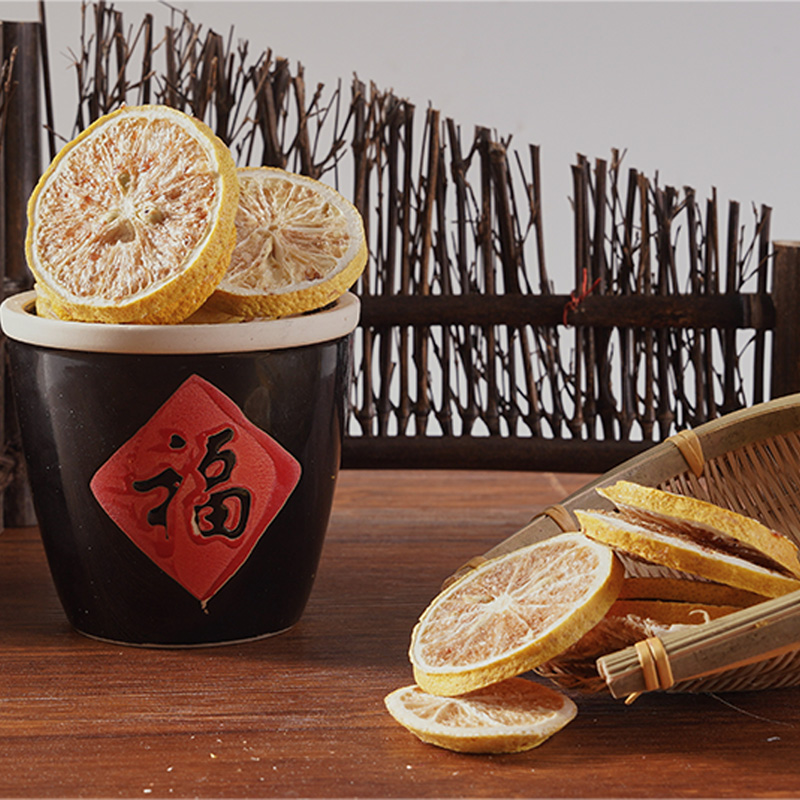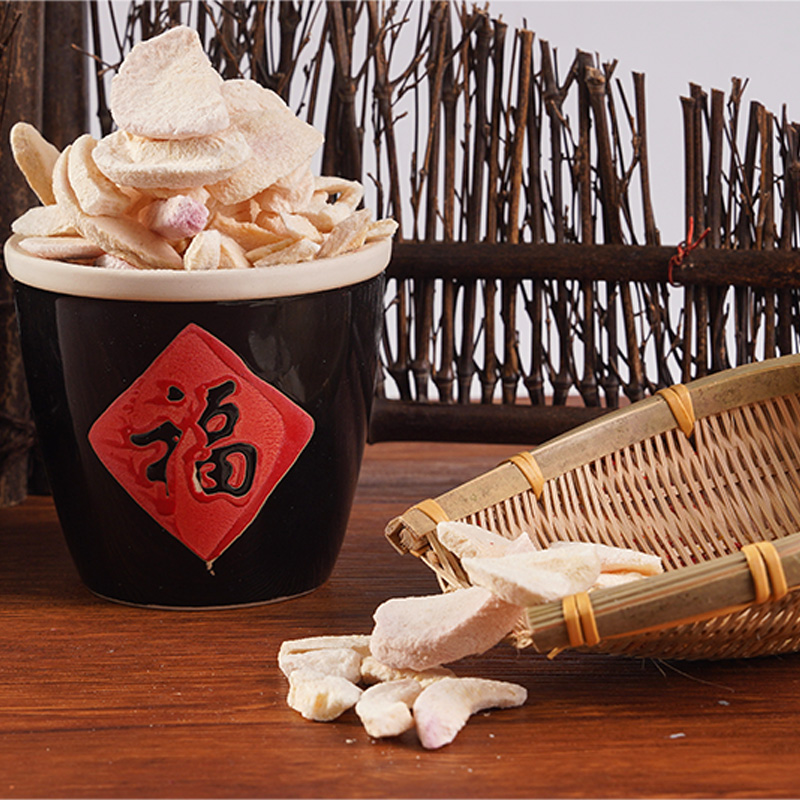What Are Dehydrated Vegetables?
Dehydrated vegetables are fresh vegetables that have had most of their water content removed, allowing for extended storage without refrigeration. This process not only reduces weight and volume but also preserves essential nutrients and flavors.
Freeze-Dried Dehydrated Vegetables
Freeze-drying is a sophisticated process where vegetables are first frozen and then placed in a vacuum. The ice turns directly into vapor, skipping the liquid stage, a process known as sublimation.
Key Advantages of Freeze-Dried Vegetables
- Preserves Nutrients: Minimal heat exposure maintains vitamins, minerals, and antioxidants.
- Lightweight & Crisp: Retains the original shape and texture, making them easy to store and ideal for camping or long-term storage.
- Quick Rehydration: Freeze-dried vegetables rehydrate faster, perfect for soups and instant meals.
Potential Drawbacks
- Higher cost due to complex processing.
- Fragility – the vegetables can break easily if handled roughly.
Air-Dried Dehydrated Vegetables
Air-drying, also called hot-air drying, involves using warm air to slowly remove moisture from vegetables. This method is simpler and more traditional compared to freeze-drying.
Key Advantages of Air-Dried Vegetables
- Cost-Effective: Less expensive to produce than freeze-dried vegetables.
- Long Shelf Life: Properly dried and stored vegetables can last months to years.
- Good Flavor Concentration: Heat enhances the natural taste of vegetables.
Potential Drawbacks
- Loss of some nutrients due to heat exposure.
- Slower rehydration compared to freeze-dried vegetables.
Freeze-Dried vs Air-Dried: Which Should You Choose?
The choice between freeze-dried and air-dried dehydrated vegetables depends on your priorities:
- If you need maximum nutrient retention, lightweight storage, and quick rehydration, go for freeze-dried vegetables.
- If cost-effectiveness and traditional flavor are your priority, air-dried vegetables are an excellent option.
Conclusion
Both freeze-dried and air-dried dehydrated vegetables provide convenience, extended shelf life, and enhanced flavors. By understanding the differences, you can choose the right type for your cooking needs, whether it's for daily meals, emergency storage, or gourmet recipes.



 English
English русский
русский 日本語
日本語 한국어
한국어 中文简体
中文简体





